Total results 15
Total results 15
-
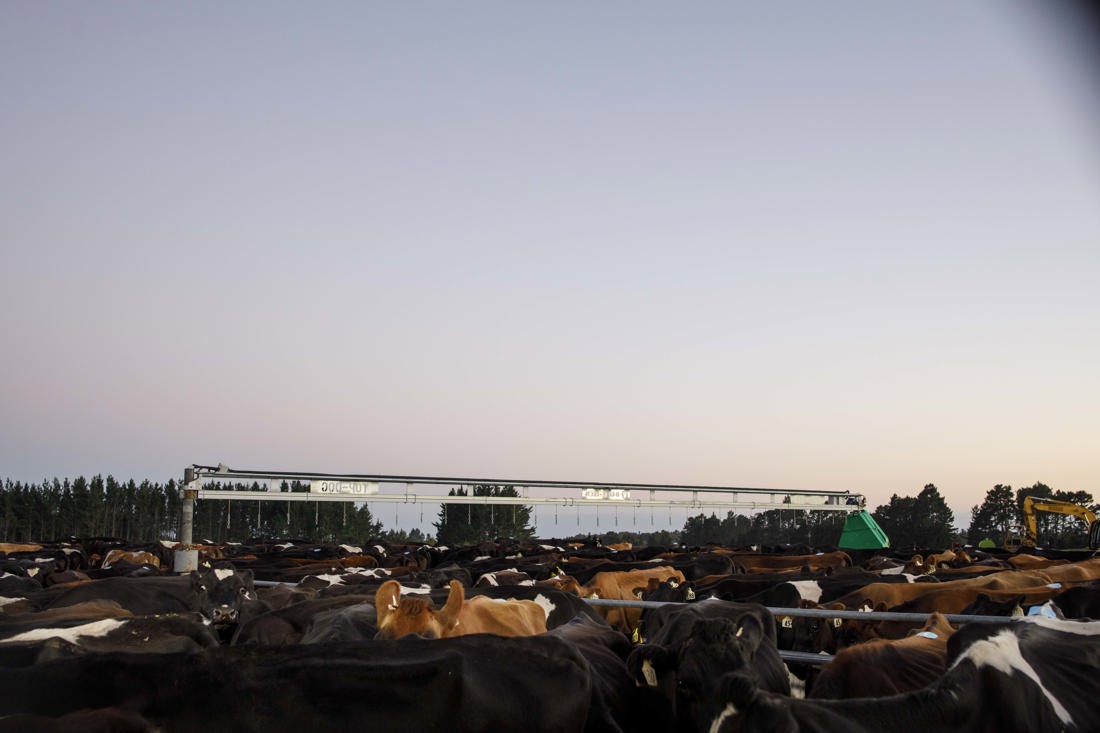 Trace elements
Trace elementsTrace elements, including cobalt, copper, iodine, selenium, and zinc, play a vital role in dairy cow nutrition. Your cows need these elements for functions like growth, reproduction, and milk production.
Animal•2 min read
Trace elements

Trace elements, including cobalt, copper, iodine, selenium, and zinc, play a vital role in dairy cow nutrition. Your cows need these elements for functions like growth, reproduction, and milk production.
Animal•2 min read
-
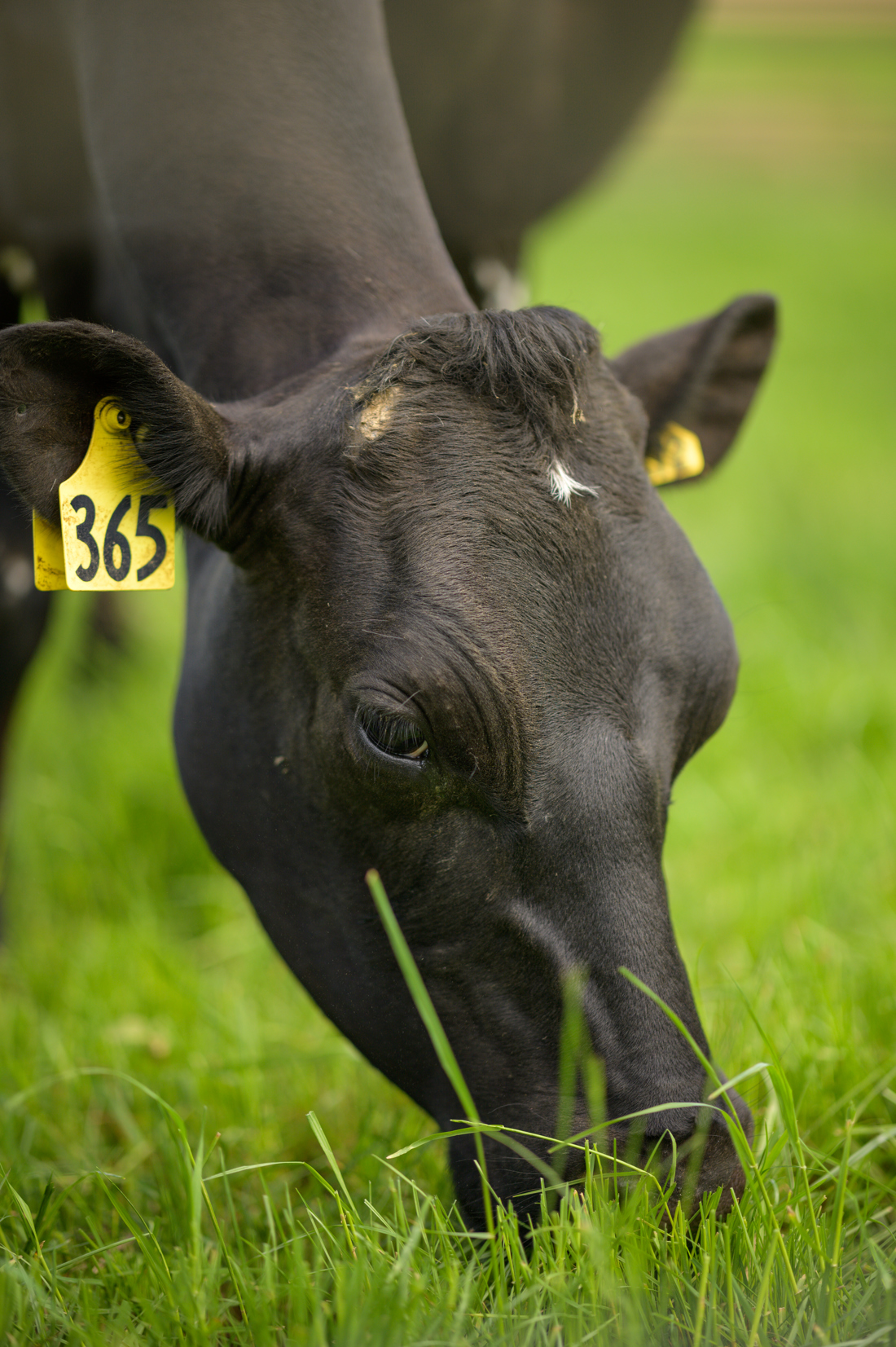 Magnesium
MagnesiumMagnesium supplements can help prevent metabolic issues in your cows, such as milk fever and grass staggers. Start giving these supplements two to three weeks before calving and continue until spring pasture growth slows.
Animal•1 min read
Magnesium

Magnesium supplements can help prevent metabolic issues in your cows, such as milk fever and grass staggers. Start giving these supplements two to three weeks before calving and continue until spring pasture growth slows.
Animal•1 min read
-
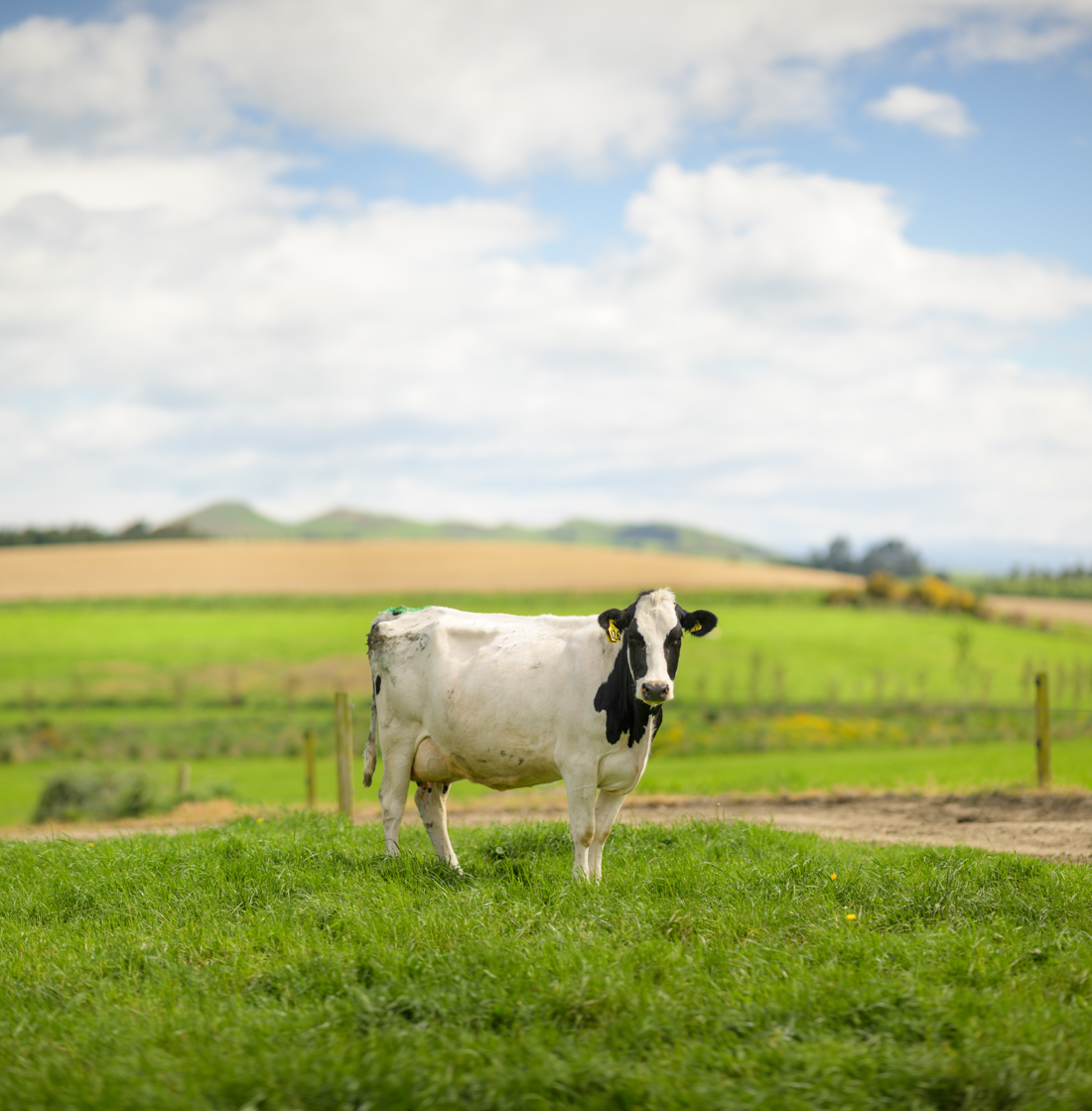 Dry cow
Dry cowDry matter is a crucial dietary requirement for dry cows. This page outlines the energy a cow needs, considering its weight gain or loss. The feed requirement considers the cow's maintenance, pregnancy, and weight gain.
Animal•2 min read
Dry cow

Dry matter is a crucial dietary requirement for dry cows. This page outlines the energy a cow needs, considering its weight gain or loss. The feed requirement considers the cow's maintenance, pregnancy, and weight gain.
Animal•2 min read
-
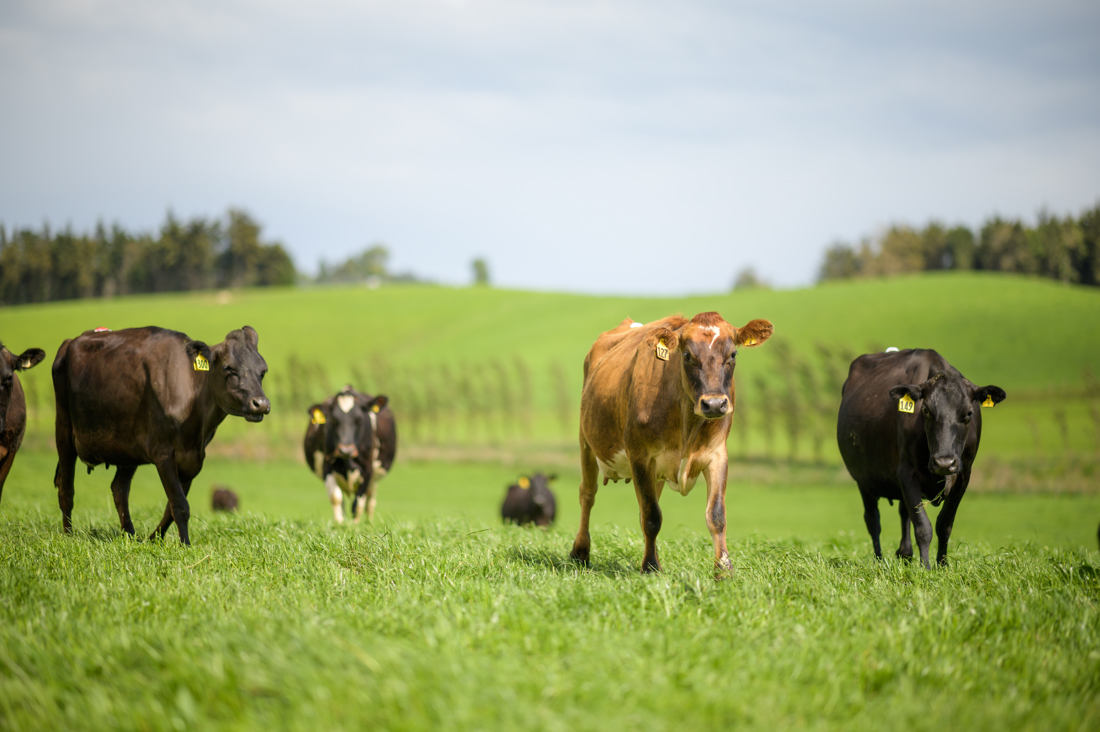 Dry period
Dry periodA successful dry period for cows entails hitting body condition score (BCS) targets before calving. This page emphasises the importance of meeting the cow's energy needs for maintenance, activity, BCS gain, and pregnancy during this time.
Animal•1 min read
Dry period

A successful dry period for cows entails hitting body condition score (BCS) targets before calving. This page emphasises the importance of meeting the cow's energy needs for maintenance, activity, BCS gain, and pregnancy during this time.
Animal•1 min read
-
Related tools
Feedright tutorials Learn about dairy cow nutrition and feed management in pasture-based systems with these fun, bite-sized e-learning tutorials and videos.Tools & Apps
Nutrition
Feeding supplements to dry cows for BCS gain Table to Calculate Value of Feeding Supplements to Dry Cows for Condition Score (BCS) GainTools & Apps
Feed
-
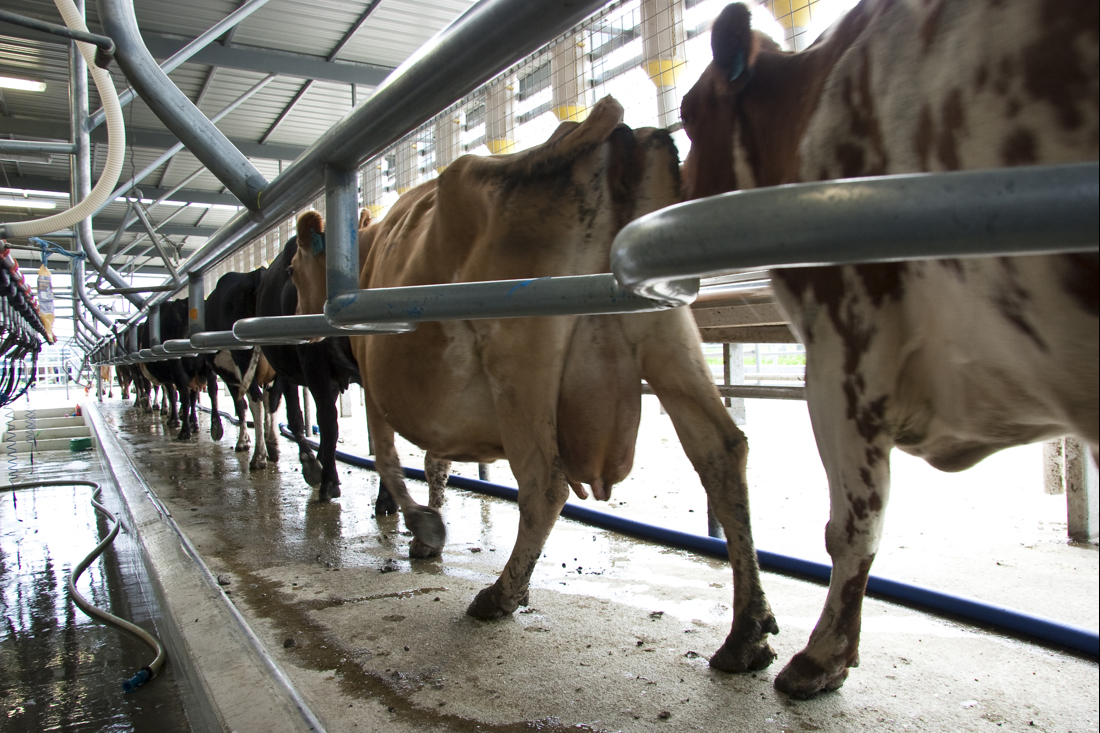 Lactating cow
Lactating cowCalculating Metabolisable Energy (ME) needs is important for dairy cows. You adjust for feed quality by adding or subtracting 4% per MJ ME/kg DM from the standard 11.0 MJ ME/kg DM.
Animal•2 min read
Lactating cow

Calculating Metabolisable Energy (ME) needs is important for dairy cows. You adjust for feed quality by adding or subtracting 4% per MJ ME/kg DM from the standard 11.0 MJ ME/kg DM.
Animal•2 min read
-
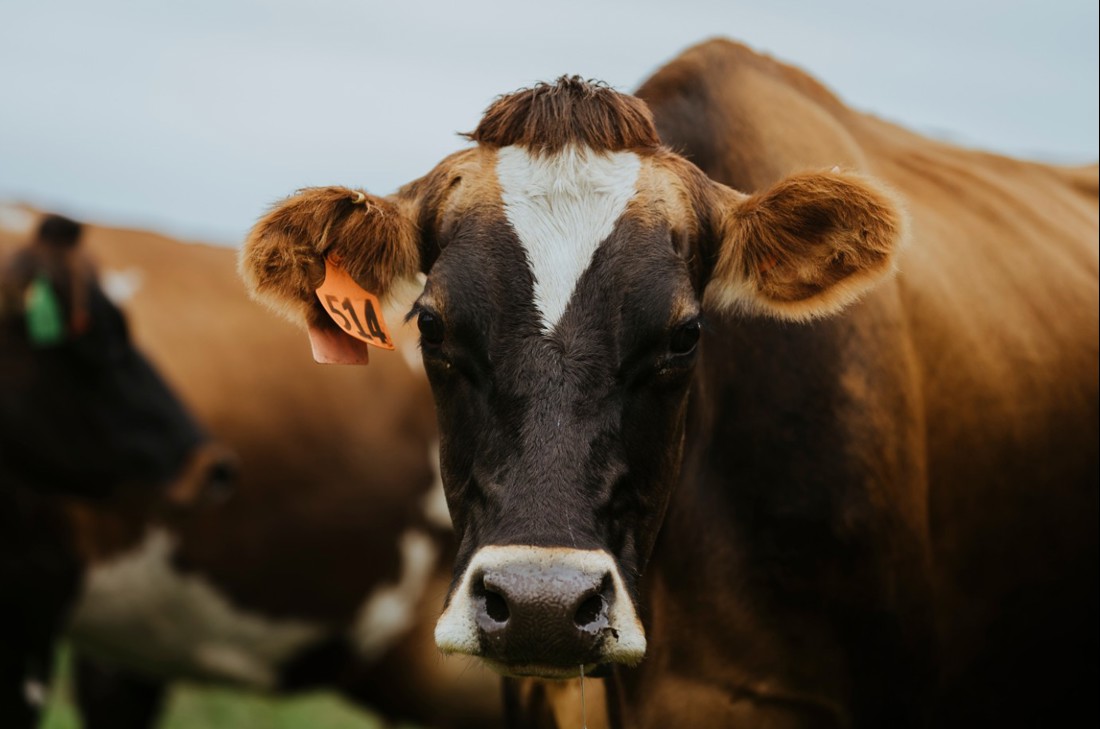 Milk urea
Milk ureaBulk milk urea concentration is a near real-time indicator of the dietary crude protein status of dairy herds and their nitrogen use efficiency, helping to support feed and nitrogen management decisions in pasture-based systems.
Animal•3 min read
Milk urea

Bulk milk urea concentration is a near real-time indicator of the dietary crude protein status of dairy herds and their nitrogen use efficiency, helping to support feed and nitrogen management decisions in pasture-based systems.
Animal•3 min read
-
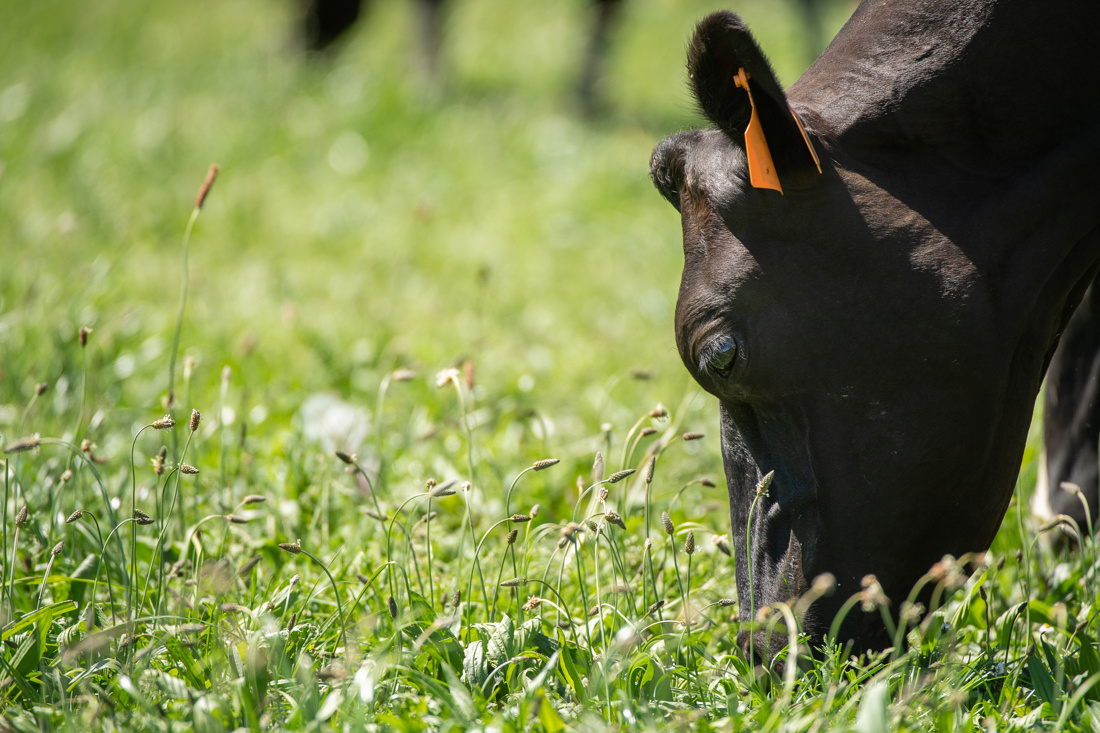 Carbohydrate
CarbohydrateCarbohydrates, forming about 75% of plant dry matter, provide the major energy source for dairy cows and aid in milk glucose and fat production.
Animal•2 min read
Carbohydrate

Carbohydrates, forming about 75% of plant dry matter, provide the major energy source for dairy cows and aid in milk glucose and fat production.
Animal•2 min read
-
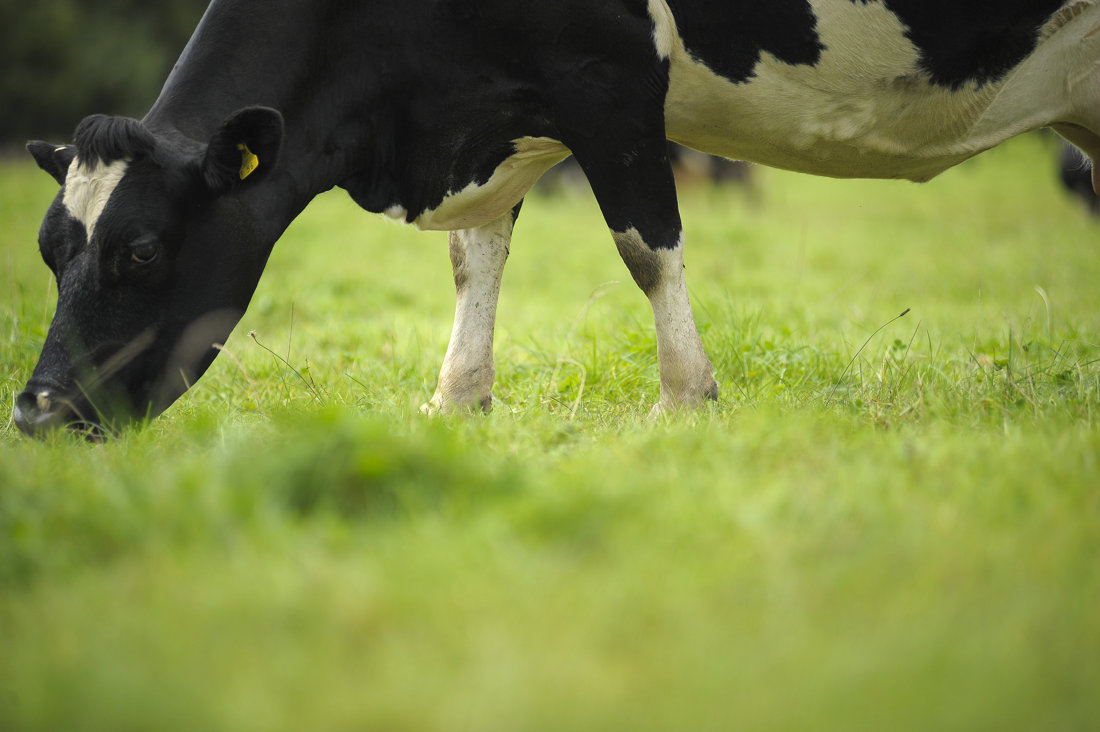 Fats
FatsLipids or fats, found in plant and animal products, are a key energy source in dairy cows' diet. They are typically low, between 2-6% of dry matter in pasture-based diets, as excess can harm rumen function and milk production.
Animal•3 min read
Fats

Lipids or fats, found in plant and animal products, are a key energy source in dairy cows' diet. They are typically low, between 2-6% of dry matter in pasture-based diets, as excess can harm rumen function and milk production.
Animal•3 min read
-
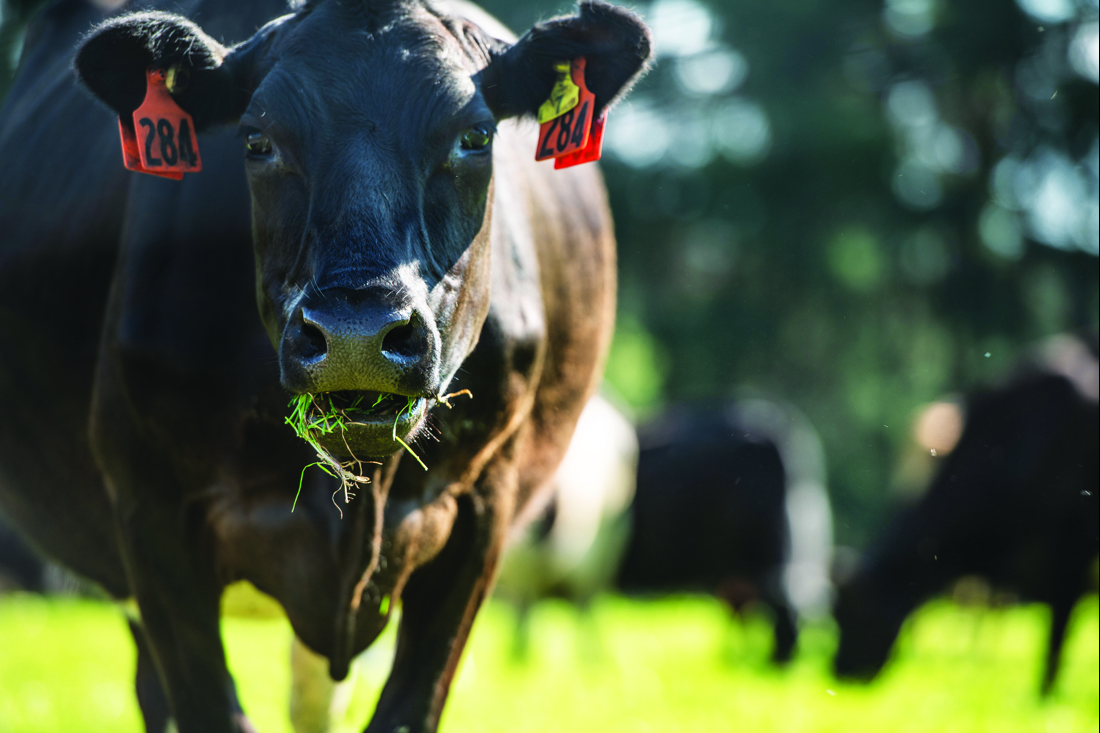 Fibre
FibreDietary fibre is essential for a cow's healthy rumen function. This page explains that when cows eat fibre, it stimulates chewing, saliva production, and rumination.
Animal•2 min read
Fibre

Dietary fibre is essential for a cow's healthy rumen function. This page explains that when cows eat fibre, it stimulates chewing, saliva production, and rumination.
Animal•2 min read
-
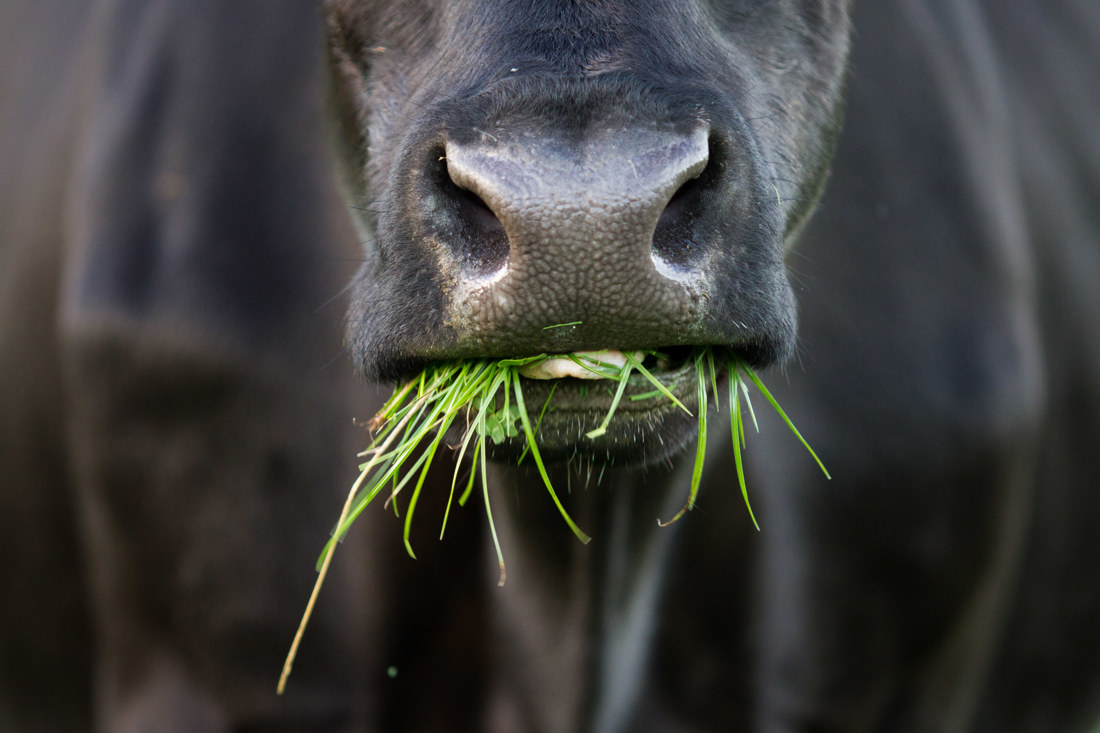 Protein
ProteinProteins are essential for many metabolic functions in dairy cows, including growth, lactation, and reproduction. This page explains that the protein in feed, known as crude protein (CP), is calculated based on the feed's nitrogen content.
Animal•2 min read
Protein

Proteins are essential for many metabolic functions in dairy cows, including growth, lactation, and reproduction. This page explains that the protein in feed, known as crude protein (CP), is calculated based on the feed's nitrogen content.
Animal•2 min read